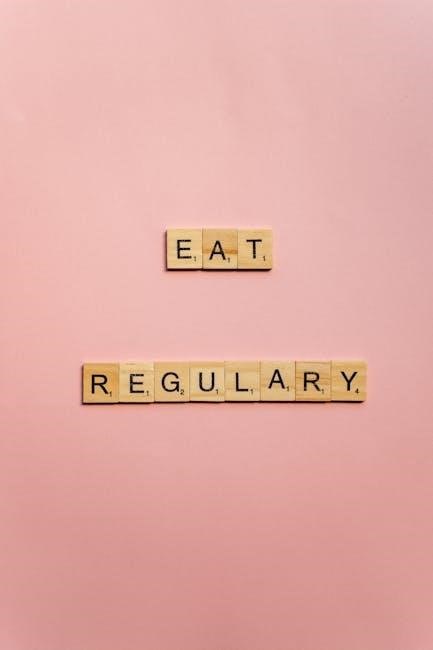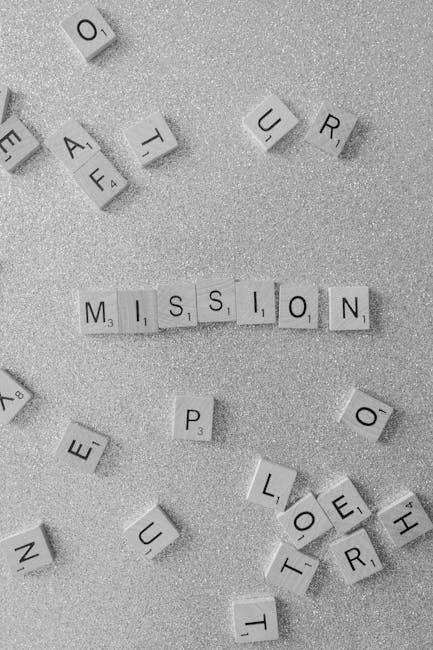Importance of Spelling in Year 3
The importance of spelling in year 3 cannot be overstated, as it forms the foundation of effective communication and literacy skills. Spelling is a crucial aspect of writing, and year 3 students need to develop their spelling skills to express themselves clearly and accurately. By mastering year 3 spelling words, students can improve their overall writing quality, enhance their vocabulary, and build confidence in their language abilities. Moreover, good spelling skills are essential for students to succeed in various subjects, including English, history, and science. The internet provides numerous resources, such as year 3 spelling words pdf, to support teachers and students in their spelling endeavors. These resources offer a range of activities, games, and exercises to make spelling practice engaging and enjoyable. By emphasizing the importance of spelling in year 3, teachers can help students develop a strong foundation in literacy and set them up for success in their future academic pursuits. Effective spelling instruction is critical to student achievement.
Overview of Year 3 Spelling Lists
The year 3 spelling lists are designed to help students develop their spelling skills in a systematic and progressive manner. These lists typically include a range of words that cover various phonetic patterns, word families, and high-frequency vocabulary. The lists are often organized into different categories, such as words with specific suffixes or prefixes, words with certain phonemes, and words that are commonly misspelled. By using resources like year 3 spelling words pdf, teachers can access a wealth of information and activities to support their spelling instruction. The spelling lists for year 3 are usually divided into several lists, each with its own set of words and activities. This allows teachers to tailor their instruction to meet the needs of their students and provide targeted support where needed. The lists are also designed to be flexible, allowing teachers to adjust the pace and content of their instruction to suit their students’ needs.

Year 3 Spelling Lists and Word Patterns
Year 3 spelling lists and word patterns focus on phonemes and word families using online resources like year 3 spelling words pdf to aid learning and instruction effectively always.
List 1: Spelling Rules and Word Patterns
List 1 introduces spelling rules and word patterns, including the /ow/ sound spelled ou, found in words like mouth and hound, using year 3 spelling words pdf as a teaching resource.
Teachers use this list to help students recognize and apply spelling patterns to decode and spell words correctly, with activities like word sorts and games to reinforce learning.
By mastering these spelling rules and word patterns, students build a strong foundation for reading and writing, and develop skills to tackle more complex words and spelling challenges in subsequent lists.

Online resources, such as year 3 spelling words pdf, provide additional support and practice opportunities for students to reinforce their understanding of spelling rules and word patterns, and to develop fluency and accuracy in their spelling.
List 3: /I/ Phoneme in Different Word Positions
The /I/ phoneme is a crucial sound in the English language, and List 3 focuses on its various positions within words, using resources like year 3 spelling words pdf to illustrate examples.
Students learn to recognize and spell words with the /I/ sound in different positions, such as at the beginning, middle, or end of words, to improve their decoding and spelling skills.
Online resources, including year 3 spelling words pdf, provide interactive activities and games to help students practice and reinforce their understanding of the /I/ phoneme in different word positions.
By mastering the /I/ phoneme, students can improve their reading fluency and spelling accuracy, and develop a stronger foundation for tackling more complex words and spelling patterns in subsequent lists and in their everyday reading and writing activities.
This list is essential for students to become proficient in spelling and reading words with the /I/ sound, and to build their confidence in using language effectively.

Year 3 Spelling Word Lists and Activities
Year 3 spelling word lists and activities include games and worksheets, using year 3 spelling words pdf to engage students in fun learning experiences always online effectively.
Statutory Spelling Word Lists for Year 3 and 4
The statutory spelling word lists for year 3 and 4 are provided by the government to ensure consistency in spelling education. These lists include words that children are expected to know by the end of year 3 and 4. The year 3 spelling words pdf is a useful resource for teachers and parents to help children learn these words. The lists are divided into sections, with each section focusing on a specific sound or word pattern. For example, list 1 focuses on the /ow/ sound spelled ou, while list 9 focuses on words containing the -cial and -tial letter strings. By using the year 3 spelling words pdf, children can practice spelling these words and develop their language skills. The statutory spelling word lists are an essential part of the curriculum, and using resources like the year 3 spelling words pdf can help children achieve their spelling goals. Effective use of these resources can improve spelling abilities and overall academic performance.
Spelling Activities and Games for Year 3 Students
Spelling activities and games are essential for year 3 students to engage with spelling words and develop their language skills. Teachers can use a variety of activities, such as word sorts and games, to make spelling practice fun and interactive. The year 3 spelling words pdf can be used to create games and activities, such as crossword puzzles, word searches, and bingo. These activities can help children to practice spelling words in a fun and engaging way. Online resources, such as spelling games and quizzes, can also be used to support spelling practice. By using a range of activities and games, teachers can help year 3 students to develop their spelling skills and build their confidence in using language. Effective spelling activities and games can help children to achieve their spelling goals and develop a love of learning that will last a lifetime. Regular practice and review are key to successful spelling.

Assessment and Expectations for Year 3 Spelling
Assessment and expectations for year 3 spelling involve evaluating progress and setting targets using year 3 spelling words pdf and other resources to support teaching and learning activities always online.
Examples of Words Year 3 Children Should be Able to Spell
Year 3 children are expected to spell a range of words, including those with common prefixes and suffixes, such as un, re, and -ly, using resources like year 3 spelling words pdf to support learning.
Examples of words that year 3 children should be able to spell include words with the /ow/ sound, such as mouth and around, as well as words with the /i/ sound, like my and I, and words with the -cial and -tial letter strings.
By the end of year 3, children should be able to spell high-frequency words, including words from the year 3 and 4 statutory spelling list, and apply spelling rules and patterns to spell unfamiliar words, using online resources and practice activities to reinforce learning.
Teachers use a range of strategies to support children in learning to spell, including word sorts, games, and activities that focus on specific spelling patterns and rules, to help children become confident and accurate spellers.
Expectations for Year 3 Spelling by the End of the Year
By the end of year 3, children are expected to have made significant progress in their spelling abilities, using resources like year 3 spelling words pdf to support learning and practice.
They should be able to apply spelling rules and patterns to spell unfamiliar words, and demonstrate an understanding of word structure and morphology, including prefixes, suffixes, and root words.
Children are expected to be able to spell a range of high-frequency words, including those from the year 3 and 4 statutory spelling list, and to use spelling to support their writing across the curriculum, with accuracy and confidence.
Teachers assess children’s spelling abilities throughout the year, using a range of strategies and assessments, including spelling tests and writing samples, to monitor progress and identify areas for further support and development, and provide targeted interventions to help children meet expectations.